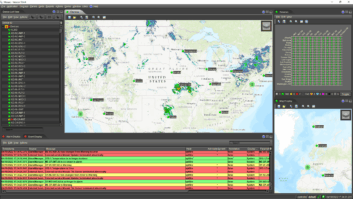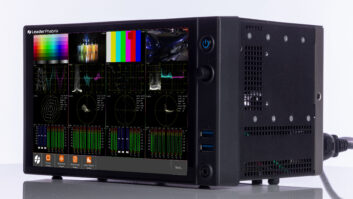
The Federal Communications Commission has raised its internet speed benchmark to 100Mbps down/20Mbps up. This is up from the previous benchmark of 25Mbps up/3Mbps down, a standard which was last voted on over nine years ago.
The motion to raise the speed benchmark to 100Mbps/20Mbps was first introduced in early 2022, but resulted in a 2-2 deadlock, which kept the benchmark at its old speed until now. With the benchmark rising, the FCC says that not enough is being done to give all Americans access to “advanced telecommunications capability.”
New optical disk can store 200,000 gigabytes of data
“The increase in the Commission’s fixed speed benchmark for advanced telecommunications capability is based on the standards now used in multiple federal and state programs (such as NTIA’s BEAD Program and multiple USF programs), consumer usage patterns, and what is actually available from and marketed by internet service providers,” reads the FCC’s release. “The Report concludes that advanced telecommunications capability is not being deployed in a reasonable and timely fashion based on the total number of Americans, Americans in rural areas, and people living on Tribal lands who lack access to such capability, and the fact that these gaps in deployment are not closing rapidly enough.”
The FCC has also set a long-term goal of 1Gbps down/ 500Mbps up for broadband speeds to collectively raise the nation’s standard of telecommunications, stating, “the Report also sets a 1 Gbps/500 Mbps long-term goal for broadband speeds to give stakeholders a collective goal towards which to strive – a better, faster, more robust system of communication for American consumers.”










